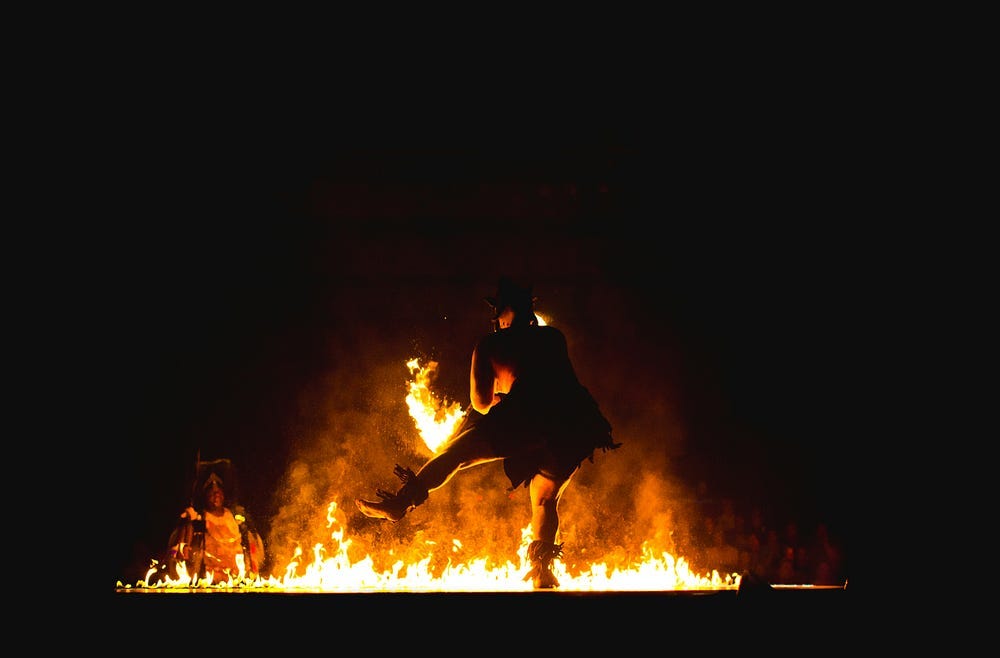Spontaneous Ritual and the Origin of Language
Commentary on Chapter 9 of Language and Magic by Izutsu Toshihiko

It’s the time of the week again for our dive into the concepts of Magic and Language. Today, I will continue my commentary on Language and Magic by Izutsu Toshihiko by looking at chapter 6. You can read my previous commentary as well as a series introduction at the links below:
Chapter 9
Izutsu starts this chapter with a bit of a summary. He says that over the last eight chapters we have seen that magic is not simply something expressed in language but an essential part of language. Having discovered this, Izutsu says that the question arises about the origins of language itself (instead of the origin of magic).
Naturally a deep look into the origin of language would be impossible in just a chapter or 2, if not impossible at all. Thus, Izutsu wants to focus on the magical experience of linguistic meaning, something which he feels is the best we can do.
He starts with a quote from Walter Porzig’s book Das Wunder Der Sprache (The Wonder of Language) quoting,
To mean something by means of speech is nothing less than a weakened form of magical binding.
Keep reading with a 7-day free trial
Subscribe to Freelance Philosophy to keep reading this post and get 7 days of free access to the full post archives.



